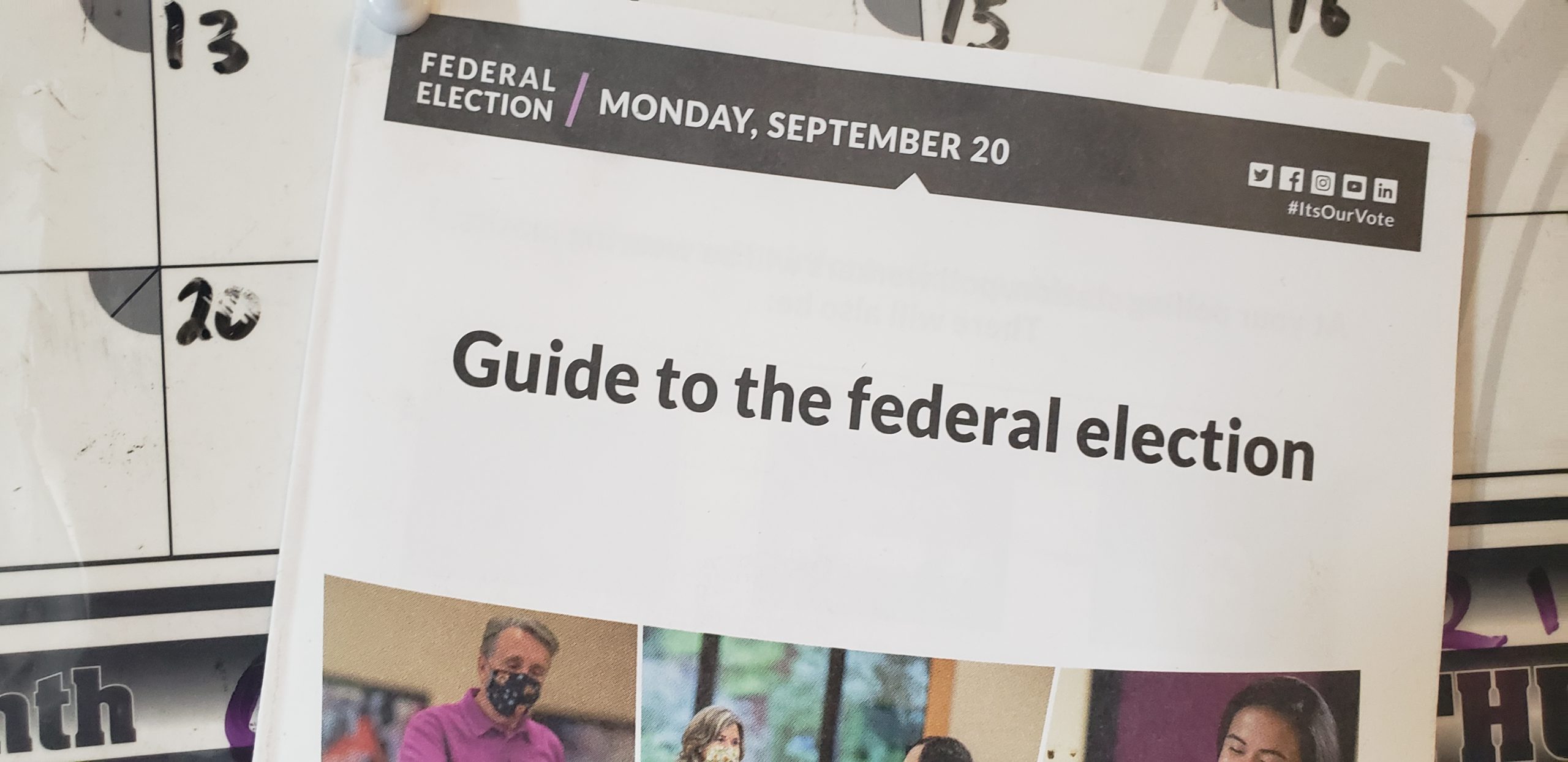With the now thousands of unmarked graves near or on the grounds of former residential schools, there have been renewed calls for Indigenous relations to improve.
Ahead of the 44th Federal Election, candidates continue to talk about how to improve and work on the country’s relationship with Indigenous Peoples.
Here’s how each candidate running for the Parry Sound-Muskoka seat in parliament answered the following question:
If elected, how will you work to promote Indigenous history in our community?

Conservative incumbent Scott Aitchison says:
“Canada’s Conservatives acknowledge the deep sorrow and mourning that all Indigenous people and survivors of Residential Schools are experiencing at this time, and our hearts grieve for all Indigenous communities who are sharing in this trauma. This discovery is a somber reminder that so much more work needs to be done to address the devastating and harmful effects that residential schools had, and still have, on many survivors today.
Conservatives have called for a swift timeline and funding to deliver on the Truth and Reconciliation Calls to Action 71 to 76 involving missing children and providing healing for families. We pledged our support for this effort and called upon Prime Minister Trudeau to take action immediately to support the Indigenous communities, and our country, in mourning.”
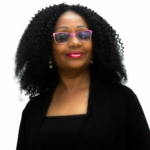
Liberal candidate Jovanie Nicoyishakiye says to promote Indigenous history in our community, she will work with leaders in the Indigenous community to educate all Canadians on their past. She adds, “I will also work with others to implement the 94 calls to Action. I will contribute to the education of a new generation of First Nations who will learn in their own languages,”
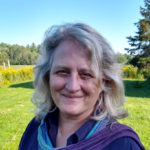
New Democratic Party candidate Heather Hay says her time in the Northwest Territories and Nunavut has left her with a deep respect for Indigenous communities and leaders.
“Anytime I’ve been in Indigenous communities for the LGBTQ work that I do, I had to ask permission from the Elders in that community before I hosted an event,” says Hay.
According to Hay, this approach should be applied to all matters of policy.
“Reconciliation isn’t something we do off to the side, it has to be how we do everything,” says Hay. “Working with our First Nations, Iniut, and Metis communities in a nation-to-nation relationship rather than a box to be ticked off to the side.”
Hay also says all court cases against residential school survivors should be dropped.

Green Party candidate Marc Mantha says:
“What is needed in the words of Justice Murray Sinclair is that Canada must move from apology to action. By implementing the 94 calls to action released in 2015. ”
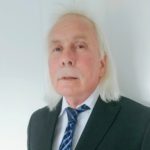
People’s Party candidate James Tole says his party wants to replace the Indian Act with a legal framework that “guarantees equal rights and responsibilities to Indigenous Peoples”, but that there’s nothing in the party platform just yet. Tole says the PPC will likely consult with Indigenous communities on this new framework.
“We want to create a situation where Indigenous communities take ownership of the services that they receive in partnership with the federal government, and other levels of government, and also look at promoting the establishment of individual property rights on reserves so as to empower the residents,” says Tole.
“Indigenous issues are very complex and some communities are prosperous [while] others are much poorer than the Canadian average, and many suffer from acute social problems like crime, messy violence, substance abuse, and suicide. And many don’t have the basic services we take for granted like clear water. There were many injustices that were committed in the past by the Canadian government towards Indigenous Peoples. Now, you can’t rewrite the past; all we can do is try to find a way to move forward and how to live together better based on mutual respect and balanced approach, taking into account the needs of the Indigenous population and the interests of Canada’s population as a whole.”
National Citizens Alliance candidate James Fawcett says:
“As a Native Canadian myself, I believe we need to recognize a few things: as Indigenous Peoples we invited colonization in with open arms, we have and always will support anyone in need, show them our way of living and how we conduct general practice. We were met with strife, arrogance and eventually capitulation. I use this example as an example; we need to understand our past to not fall victim to repeating the same fallacies.”
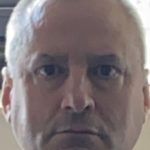
Independent candidate Daniel Predie Jr. says:
“I would have all this properly, non-lawyer and non-legal, investigated and then I would also bring this all before Justice; again, closure through conviction for any victims. No more tax dollars will be paid out. In fact, I would want a full accounting of where the almost $1 trillion Canadian tax dollars, wherein lawyers have taken in what they deem to be legal fees hundreds of millions of tax dollars, has already been paid out. I am not even sure, knowing that a possible $1 trillion tax dollars has already been paid out to Indigenous causes, how one can now go back and investigate any unmarked graves? Our Canadian Bill of Rights already protects all Canadians. There is nothing stopping Indigenous men and women from promoting their history within Canada, as they already have been.”
The federal election is September 20th.


